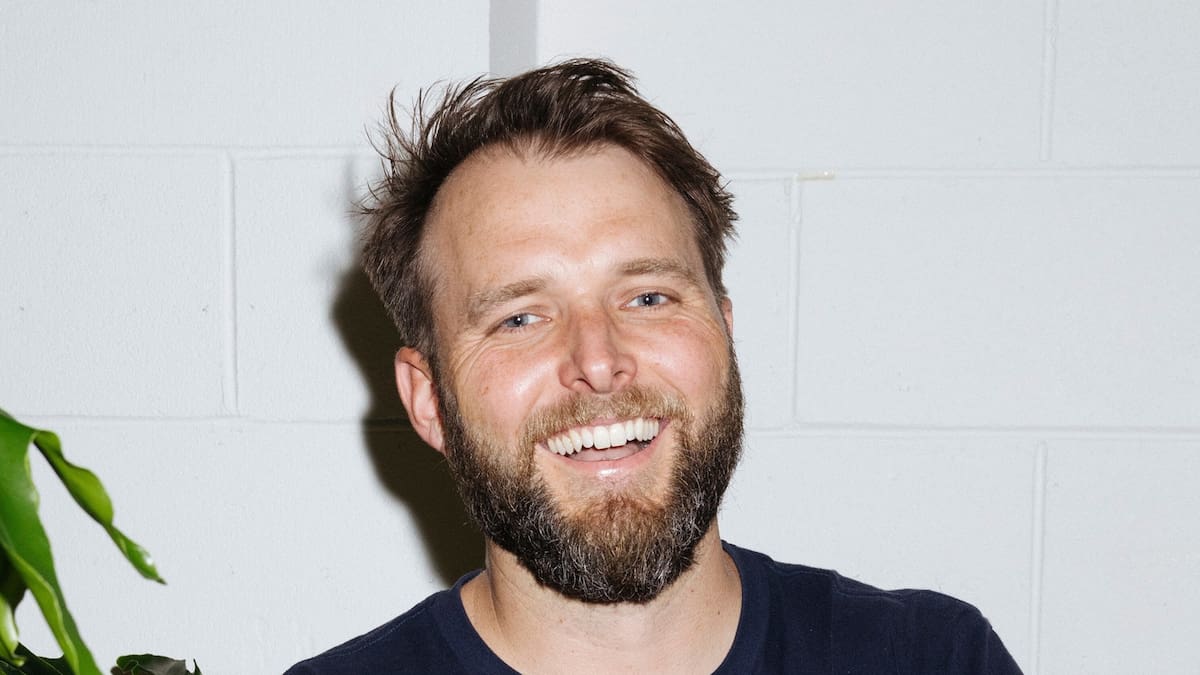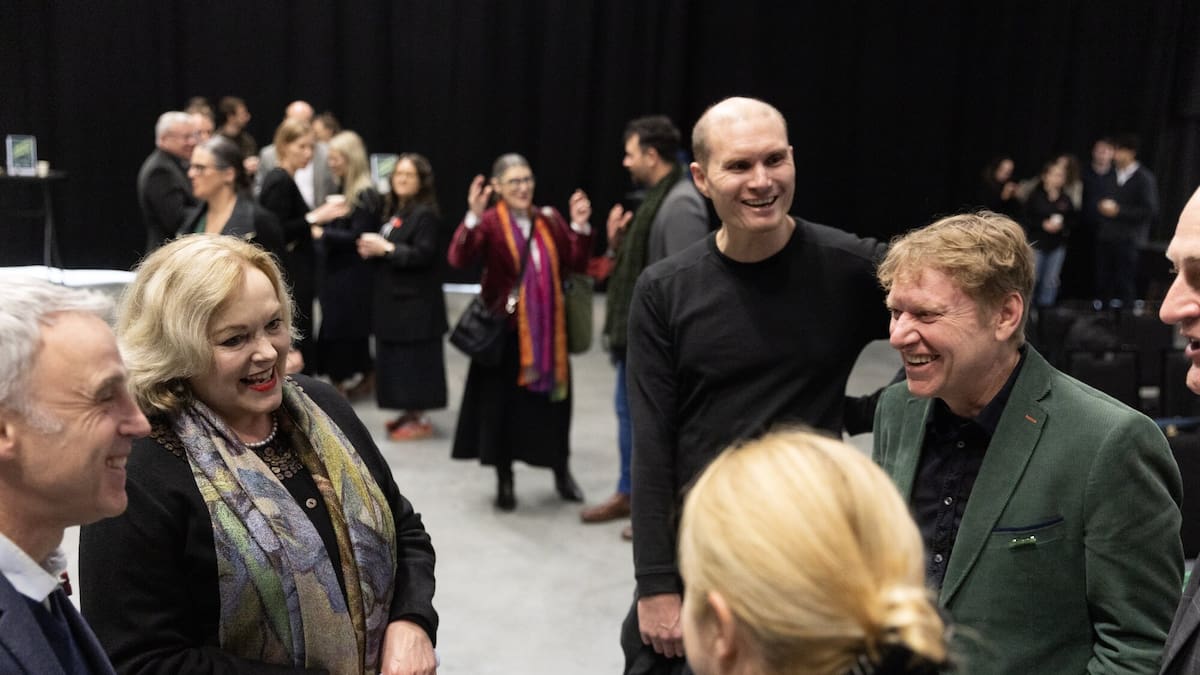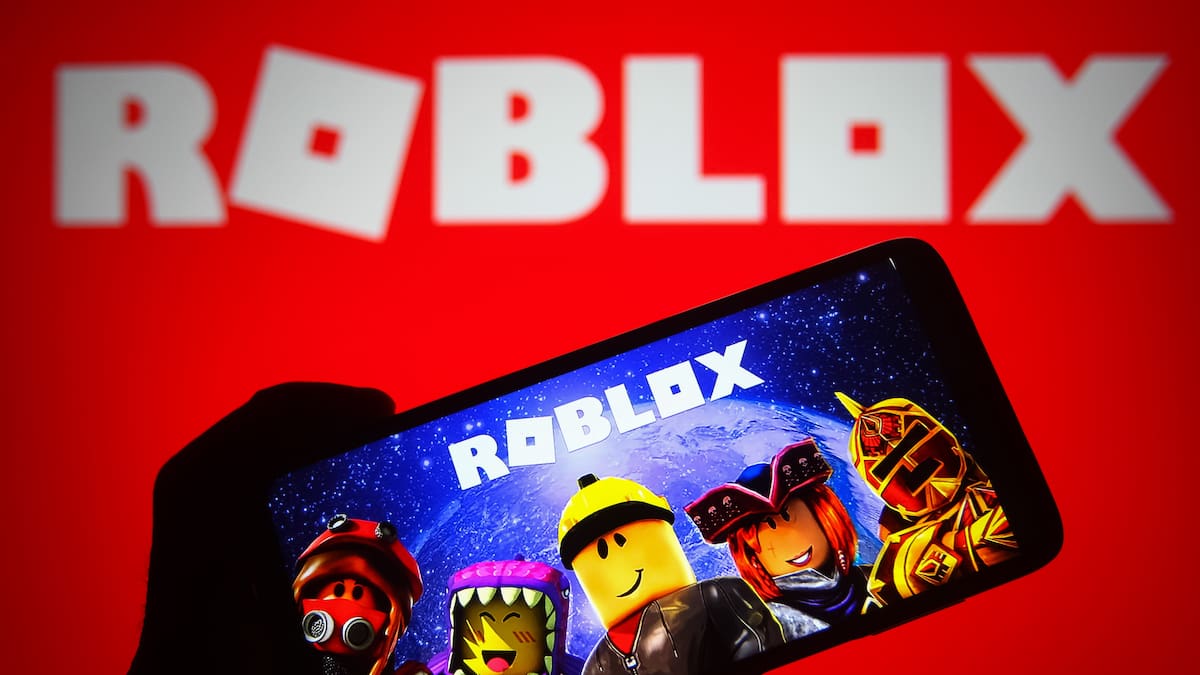Fastest to $20m
“Of the 360 companies we have funded, Tracksuit has been fastest to $1m, fastest to $10m, and fastest to $20m revenue. And they don’t appear to be slowing down,” said Icehouse Ventures chief executive Robbie Paul, whose firm – an early backer – supported the latest raise (led by VMG).
Archbold says it has 150 staff today – “mostly in New Zealand” – with plans to hire another 50 with the new funds as it develops new products and pushes into Europe and Asia.
The influx of money will also be used to develop new products. Archbold won’t give details at this point, but does say there will be more AI tools.
Already, AI has changed the look and feel of the product.
“When you logged into Tracksuit a year ago, you would see a bunch of graphs of all the data that we’ve collected,” Archbold says.
“Now, when you log in, the first page is really just storytelling the key insights out of that data, so that marketers don’t have to go and click around to find what’s interesting. An LLM [large language model] has found it all in the background.” For every page of results you click on, an AI summary can be generated.
Build it all – in 48 hours
AI has applications for drafting and scripting surveys and data cleaning, Archbold says.
“There’s so many different ways that we’re we’re using AI. It’s an exciting time to be building.
“Our entire product team recently did a hackathon where they tried to build everything on our product road map in 48 hours. It’s just fun.”
Did they manage it?
“We got a lot of MVPs [minimum viable products]. What’s exciting is it sort of flips the process on its head. You’re not validating an idea. You’re able to put an MVP out there and have people play with it – and you get better data from people interacting with something, instead of just hypothesising about what they may want.”
Up-round
The raise is billed as “one of the largest ever Series B rounds to be raised by a Kiwi business” and it’s certainly up there (see “Other big raises” below).
This is Tracksuit’s third time at the well.
In 2023, it raised $7.5m in a round backed by Australasia’s largest VC firm, Blackbird Ventures.
Furthermore, in February last year it staged a $22m Series B raise at a $151m valuation (Archbold says the Series C post-money valuation is somewhere north of there, but won’t give a figure).
The round was led by a Silicon Valley-based venture capital firm, VMG Partners, but supported by existing investors closer to home, including Blackbird and the aforementioned Icehouse Ventures.
VMG’s focus on consumer brands was a strong appeal, Archbold says. The San Francisco-based VC, which has backed brands such as energy bars producer Kind and sparkling water maker Spindrift, last month raised US$1 billion for new investments.
Tariffs, global tumult offer an opening
US President Donald Trump’s tariff push doesn’t impact Tracksuit directly. Software and services haven’t been targeted by the physical manufacturing (and movie)-focused US President.
Some clients have been hit, Archbold says. But tariffs, global uncertainty and the slowdown had also seen a number of big firms look to cut costs – which, in brand-tracking, led them to Tracksuit’s door.
Other big raises
Early-stage firms typically bootstrap at first – or use their founders’ savings – then stage a small seed round involving friends, family and possibly a venture investor. All going well, this is followed by progressively larger Series A, B, C, D and possibly further venture capital rounds, each diluting the founders’ ownership. If all is still going well, the process culminates in a stock market listing, trade sale – or world domination – on their own terms. Other big venture capital rounds in recent times include:
Disclosure: NZME director Guy Horrocks is a Tracksuit adviser.
Chris Keall is an Auckland-based member of the Herald’s business team. He joined the Herald in 2018 and is the technology editor and a senior business writer.






